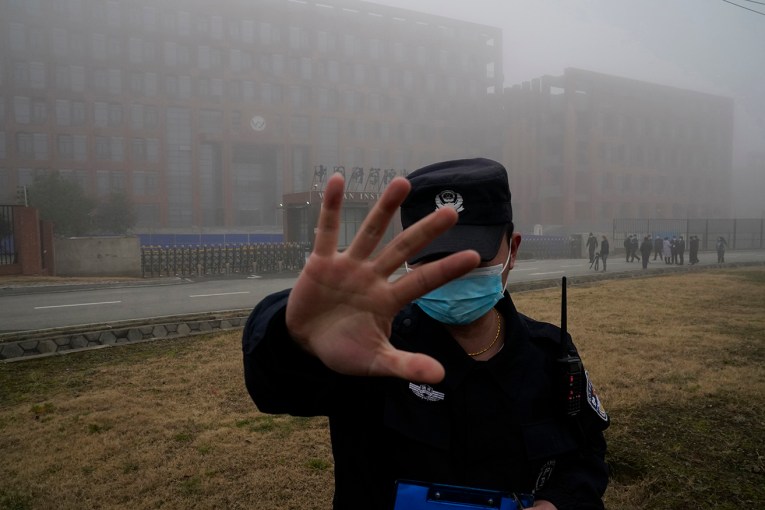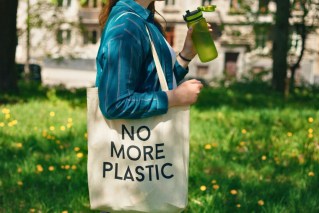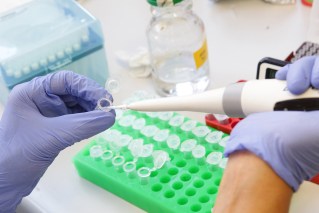How our rivers could be contributing to antibiotic resistance
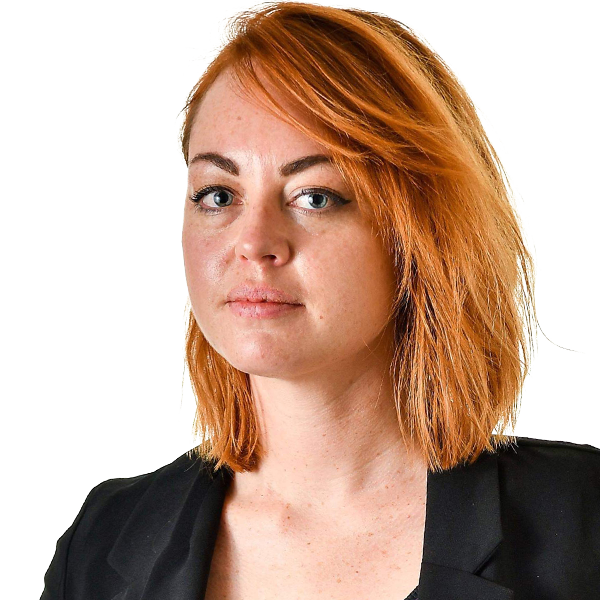
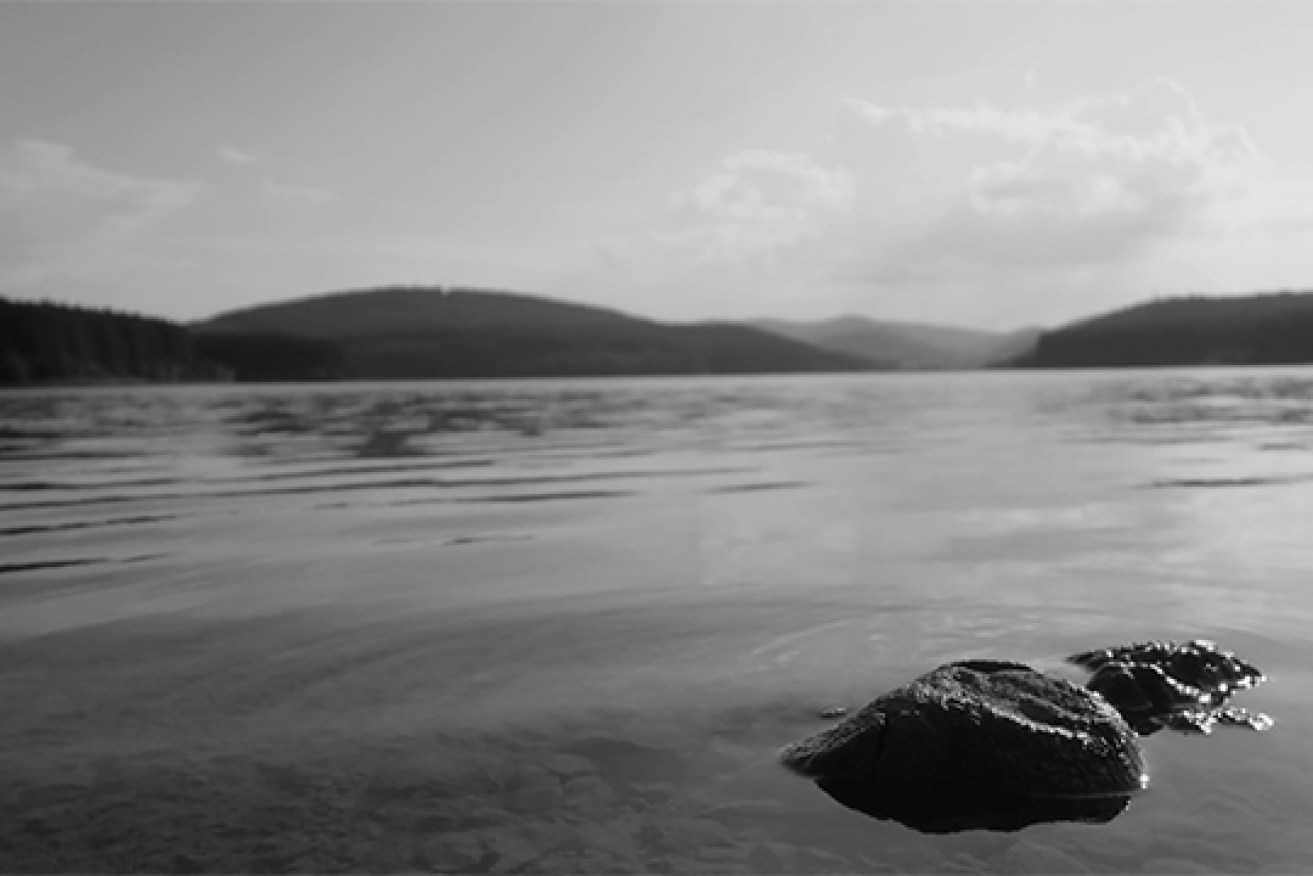
A new study has found antibiotics present in 65 per cent of rivers tested, further feeding concerns about the growing rate of antibiotic resistance. Photo: TND
A world-first study has uncovered a “mammoth” problem lurking in our rivers that could be contributing to a rising rate of antibiotic resistance, which leading agencies warn will results in millions of human deaths annually.
Researchers from the University of York collected samples from rivers across the globe – including the Danube, Mekong, Seine and Thames – and tested them for 14 common antibiotics, and found at least one antibiotic strain was present in 62 per cent of the test sites.
More troublingly, the concentration levels in some rivers greatly surpassed what is considered a safe level.
The most contaminated site was in Bangladesh, where tests revealed levels of a medication used to treat skin and mouth infections surpassed the safety marker 300-fold.
When the drug is detected at unsafe levels, and particularly such high levels, it makes it easier for antibiotic resistance to develop in the surrounding human population.

Antibiotics were detected in England’s River Thames, although the study did not specify where. Photo: Getty
The United Nations last month issued a global warning that antibiotic resistance will “skyrocket” throughout the next two decades.
The most commonly found antibiotic (trimethoprim) is used primarily to treat urinary tract infections, and was found at 307 of the 711 tested sites. Bacterial infection medicine ciprofloxacin was found to surpass the safe level the most, at 51 sites.
As well as Bangladesh, Kenya, Ghana, Pakistan and Nigeria were home to sites with the highest unsafe levels, but they were also detected throughout Europe, and North and South America which, according to the research team, proved it was a “global problem”.
How is it happening?
The research team found a lot of the high-rating sites were next to wastewater treatment systems, waste or sewage dumps, and even in the areas of political turmoil – such as the Israeli-Palestinian border.
York Environmental Sustainability Institute’s Professor Alistair Boxall said these findings highlighted the challenge ahead.
“Solving the problem is going to be a mammoth challenge and will need investment in infrastructure for waste and wastewater treatment, tighter regulation and the cleaning up of already contaminated sites,” Professor Boxall said.
“The results are quite eye-opening and worrying, demonstrating the widespread contamination of river systems around the world with antibiotic compounds.”
‘Quite scary and depressing’
Antibiotic resistance is a leading concern among global health organisations, and means that potentially fatal diseases that are currently treated by antibiotics won’t be able to be cured.
The UN and World Health Organisation’s joint warning last month predicts the current annual death total from antibiotic-resistant bacteria could rise from the current 700,000 to 10 million by 2050.
Accompanied by the rising death rate will be a hit to the economy on par with the 2008-2009 global financial crisis, and 24 million people would be pushed into extreme poverty.

The UN and WHO have warned of the dire consequences of growing antibiotic resistance. Photo: Getty
Already, common infections like septicaemia, gonorrhoea, urinary tract infections, abdominal infections, skin infections and bacterial pneumonia are proving harder and harder to treat. The reality is, if nothing is done, they could develop into untreatable, if not more commonly fatal, infections.
While the overuse and misuse of antibiotics is contributing to the problem, off the back of the river study Professor Boxall said scientists and policy makers were now also recognising the role of the natural environment.
“It’s quite scary and depressing. We could have large parts of the environment that have got antibiotics at levels high enough to affect resistance,” Professor Boxall said, in presenting the study findings.
The research was released at a conference in Helsinki this week.
